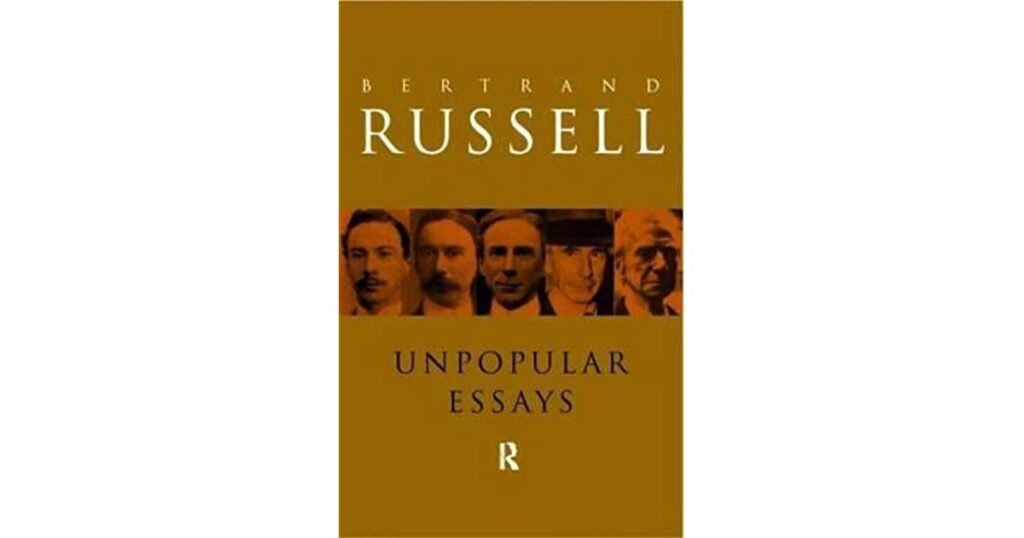In simple words, the story of philosophy is that at first, a philosopher decides features of happiness and pain for him after careful selection of facts to persuade himself to general law. That law, according to Russell, increases happiness while decreasing pain. Furthermore, the philosopher works on the law of progress and then tells the people about their fate. Those people, who are on his side, are winners while all others are unphilosophical, unscientific, and out of date.
Secondly, long-term consequences are more uncertain than immediate ones, thus embarking on a far-sighted approach is crucial. Flexibility is necessary to achieve long-term goals and objectives. Sticking to certain views and thoughts inhibits growth in a society. We can’t think out of the box with certain thoughts; therefore, it is of utmost importance to look around for several perspectives which can provide us with various other lenses. Those lenses can, thus, give a wider picture of any situation. It will help in deep analysis and evaluation.
Moreover, philosophy is about patience, and society grows when work is done for long-term rather than abrupt changes. To get long-term goals, critical thinking is required for it. Critical thinking comes from deep and wider perspectives. From the perspective of international organizations, consultation at a large scale with every nation is vital, as impartiality and progress of the world are based on the nations’ consent. Consent of the majority of the nations helps in the proper implementation of the laws which then prevent any war or anarchical situation at a large scale. These suggestions can be viable when there will be intellectual development of the society. In addition, reflecting is crucial in day-to-day life, for that solitude is needed. To have great work, you have to work wholly for the betterment rather than for the admiration and appeasement of the world. Furthermore, several rules are highlighted in the book for keeping yourself away from silly errors: observation, experience, being aware of others’ opinions, psychological imagination (dialogue with a person, who is opposite to your opinion, in imagination), being aware of opinions that flatter your self-esteem, and control over fear. These rules will make you rational.
Rationality is important for humans, as it averts several catastrophes and errors that are common in every age. The use of our minds, observations, and experiences is crucial to avoid cruelty, war, and fear. Peace and order will prevail, then. Thirdly, the most important insight is about the functions of a teacher. Functions of the teacher are imparting uncontroversial information in students’ minds, avoiding dogmatism (certain beliefs) and hate against each other, impartial inquiry, judging issues on merit, guarding against accepting statements at their face value, not flattering the prejudices of the mob or officials, do justice at all sides, rise above controversy into a region of scientific investigation, imparting civilized attitude, and impart tolerance and endeavor to understand those who are different from ourselves.
Teachers need to have free will and security to perform their utmost responsibilities for instilling creativity, tolerance, civilized attitudes, and democracy in the pupils’ minds. Inclusiveness and pluralism are in the minds and hearts of the young ones. Last but not the least, there is a need for stretching out the fear from the human minds and lives, for that establishment of the government is necessary. As the law exists when government exists. Fanatical beliefs are harmful, and these beliefs disturb the balance of the world. We have to get and establish an equal society. That society wipes out the phenomena of superiority and inferiority. Every nation has its own part of shares in this world regardless of any division on the basis of religion, caste, creed, and race.
